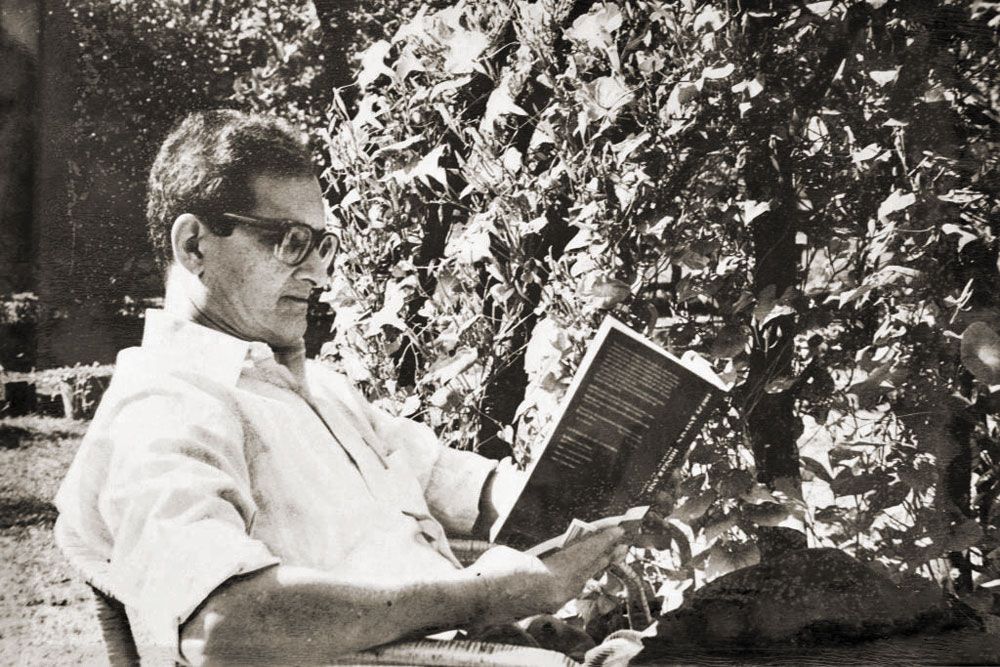The Transformative Power of Education: A Reflection Inspired by Amartya Sen

Amartya Sen's poignant words encapsulate the profound impact of education on shaping not only our individual lives but also the trajectory of entire societies. He asserts, "Education makes us the human beings we are. It has major impacts on economic development, on social equity, gender equity." These words resonate deeply, emphasizing how education serves as a cornerstone for human development, fostering economic prosperity, social justice, and gender equality.
Indeed, education is a catalyst for transformation, empowering individuals to reach their full potential and contribute meaningfully to their communities. It equips us with the knowledge, skills, and critical thinking abilities necessary to navigate the complexities of the modern world. Moreover, education instills values of empathy, tolerance, and inclusivity, fostering a more just and equitable society for all.
Sen's assertion that education remains the "biggest priority in the world" underscores its fundamental importance, transcending borders and cultures. Even if education had no direct impact on security, its intrinsic value as a vehicle for personal and societal advancement would remain paramount.
However, despite the undeniable importance of education, the scourge of poverty persists, even in the most developed nations. Here, Sen's perspective on poverty as more than just a lack of financial resources becomes particularly relevant. He argues that poverty encompasses a deprivation of capabilities, hindering individuals from realizing their full potential as human beings.
In developed countries, this form of poverty manifests in various ways, from limited access to quality education and healthcare to systemic barriers that perpetuate social and economic inequality. Despite advancements in education and technology, marginalized communities continue to face entrenched barriers that impede their ability to thrive.
Therefore, addressing poverty requires a holistic approach that goes beyond mere economic interventions. It demands investments in education, healthcare, and social services to empower individuals and communities to break free from the cycle of deprivation and realize their inherent capabilities.
In conclusion, Amartya Sen's insights remind us of the transformative power of education and the urgent need to address poverty in all its dimensions. By prioritizing education and fostering inclusive societies, we can create a world where every individual has the opportunity to flourish and contribute to the common good.